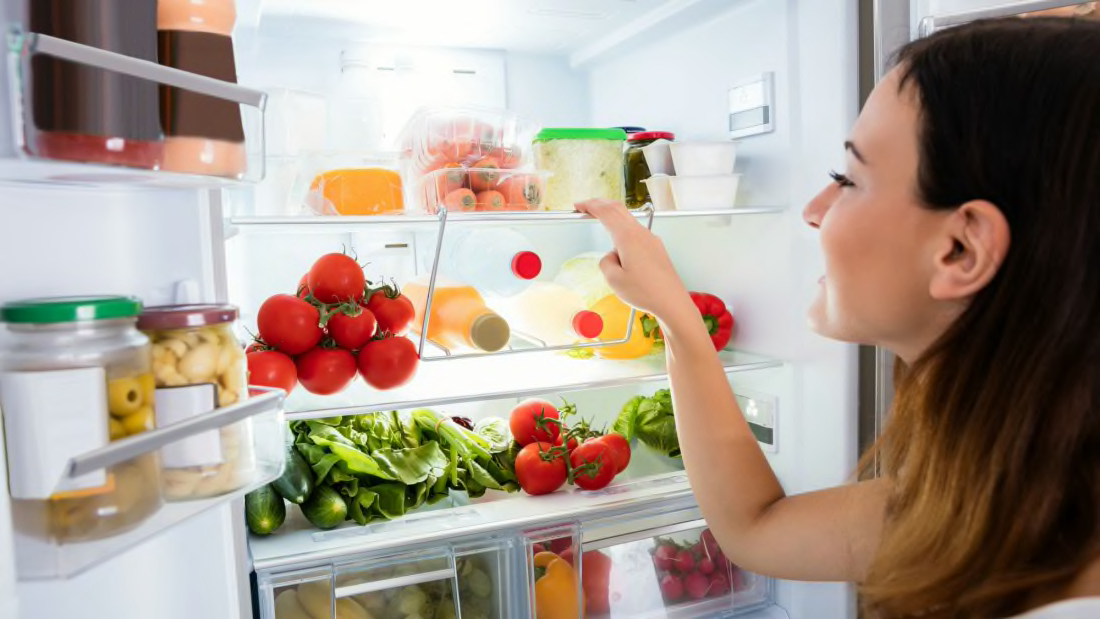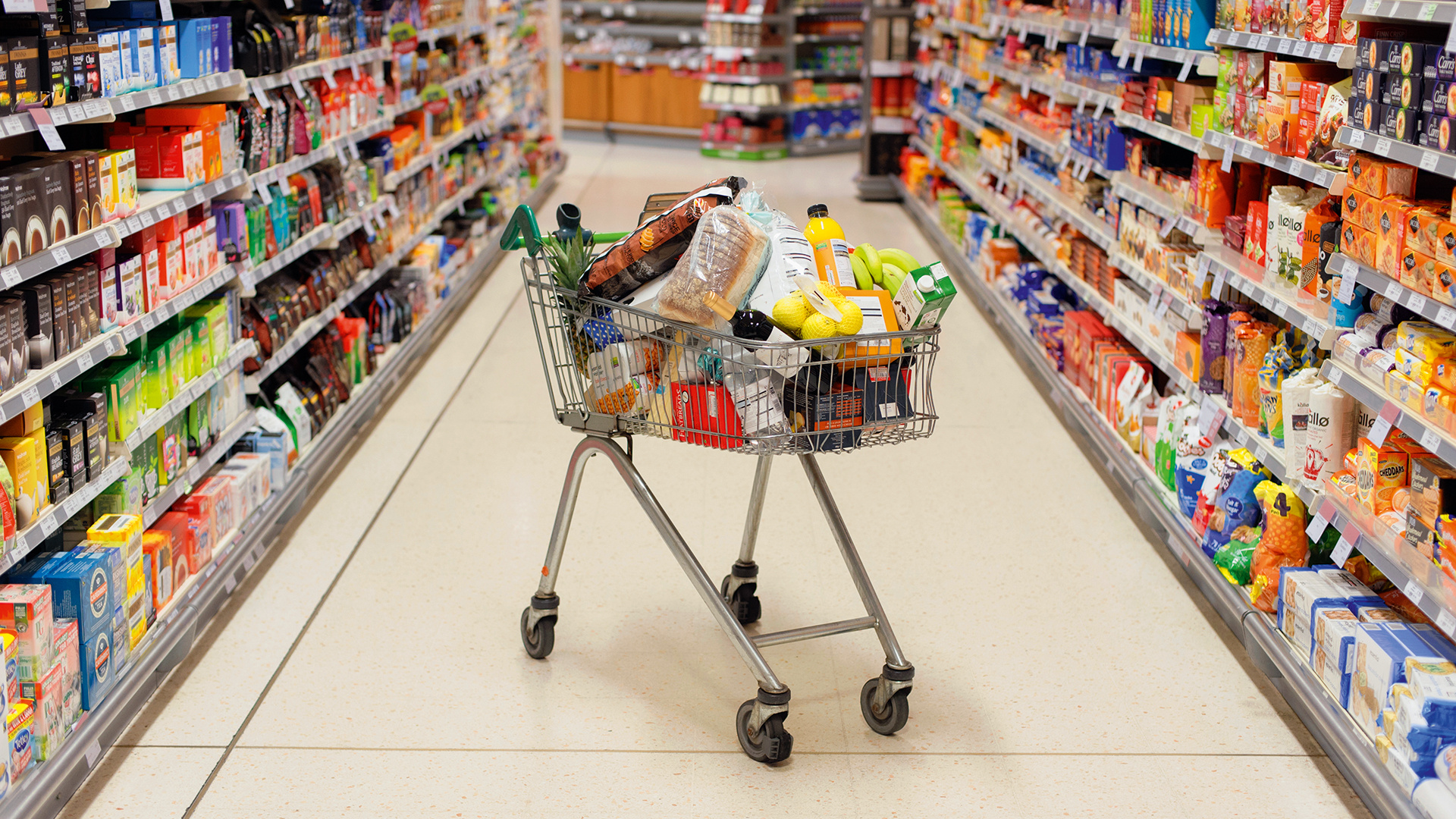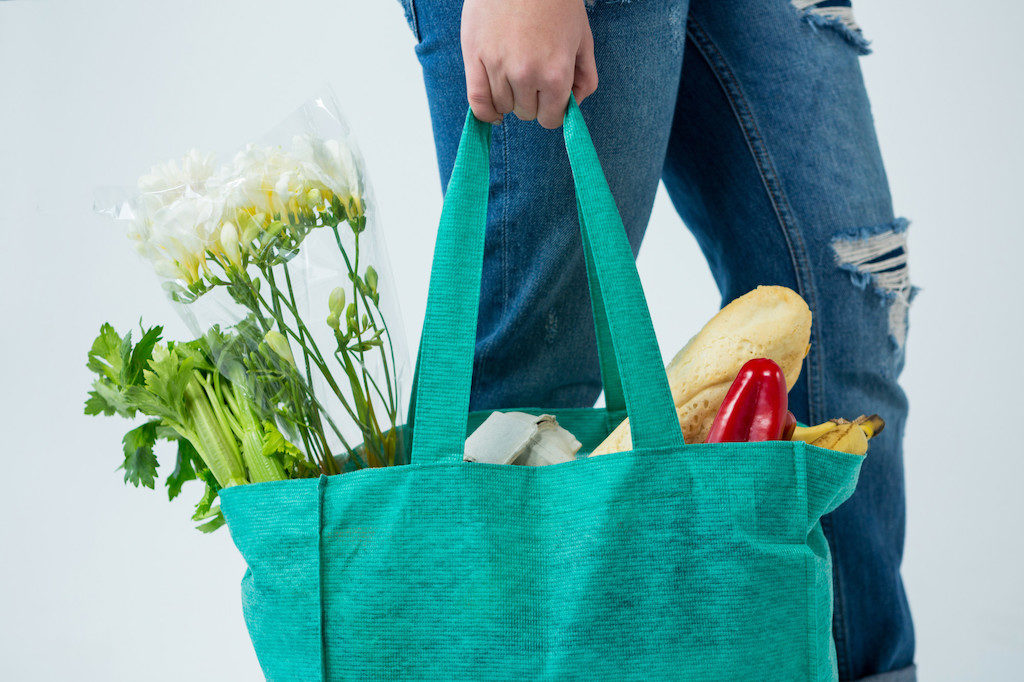The purchases of products that we need in our daily lives can be made with more or less impact on the environment. Consumers who adopt purchasing criteria based on sustainable guidelines reduce their ecological footprint and, incidentally, save money. Do you want to do the shopping sustainably? In this article, we show you some tips to fill the shopping cart while respecting the environment. Do you know how to shop sustainably? Filling the shopping cart can and should be an act of responsible consumption and helps reduce our ecological footprint. Taking care of the environment and saving on your supermarket purchase are fully compatible actions. Take good note of the following tips and apply them whenever you can.
#1. Check Your Fridge and Pantry to See What You Need

First of all, take a look at the foods you already have at home. On the one hand, you will be aware of what you really need and, on the other, you will know the expiration date of the products you have, to be able to take advantage of them before they spoil.
#2. Plan Your Menus

Plan your meals for the next few days before going to the supermarket. In this way, you will avoid storing more food than the account (which, possibly, you will have to throw away later), and you will save much more on your purchase. And, if even so, you see that you have something left over, try to be creative and opt for the kitchen of use. You will be amazed at what you can do!
#3. Make a Shopping List with What You Lack

A widespread mistake is to go to the supermarket without making a list beforehand. Without it, the usual thing is that you end up buying more products than you need and accumulating more food than you can consume. Take a few minutes to make a list of everything you need to purchase and try to stick to it as much as possible.
#4. Buy Fresh Seasonal Products and Prioritize Local Ones

Food products from far away need to be transported. And this has a significant impact on the environment, such as CO2 emissions. Local and seasonal products defend domestic biodiversity, support markets close to the consumer, and are cheaper. And they are also fresher and more durable.
#5. Bring your Own Bag

Reuse gives products the longest possible shelf life. In addition to generating less environmental impact, citizens save money. You can use jars, jars, or boxes at home to store all kinds of products, refill printer ink cartridges, use rechargeable batteries, etc. The reusable bags are the perfect complement for our purchases. They are durable and do not have as negative an impact as virgin plastic. There’s also the option of bioplastic bags; these can be used as a container for organic garbage. They can also be made of paper with a forest certificate, which takes care of the environment. If you opt for the plastic bag, make sure it is certified (made with recycled materials, for example, certified Blue Angel) and is reusable.
#6. Choose Products with Sustainable Certificates
Product labels can help you discern which ones are the most environmentally friendly. The consumer can find more and more information: recycling symbols to know if materials will be recovered after their useful life, energy certificates to see which are the most efficient, sustainable production labels such as FSC for forest products or MSC for fisheries, etc.
#7. Don’t Buy Excessively Packaged Products

Some products come with packaging that they don’t need. The skin of fruits is a natural protective covering that does not require plastic wrap or polystyrene trays. This extra packaging becomes waste that can be avoided with products that do not carry it. Another option is to buy in bulk and choose what is needed only!
#8. Avoid Throwaway Products
Disposable products waste natural resources and significantly increase waste. Any sustainable purchase worth it’s salt must replace these products with others of a more durable and reusable nature.
#9. Don’t Shop Hungry

Another fairly common mistake is shopping on an empty stomach. Hunger drives you to buy more products than you really want (or would not choose if you had already eaten). Try to go to the supermarket without hunger; otherwise, you will fill the cart with things you do not need.
#10. Benefit from the Offers Wisely
Take advantage of opportunities to save money, but before deciding to buy, think about whether and when you will use the product. You can benefit from an offer by cooking in the short term, freezing or storing, but always keeping the expiration date in mind to avoid food waste.
Reducing your ecological footprint can be very simple. Thanks to these tips, you will be able to make the purchase sustainably and save money at the same time.

